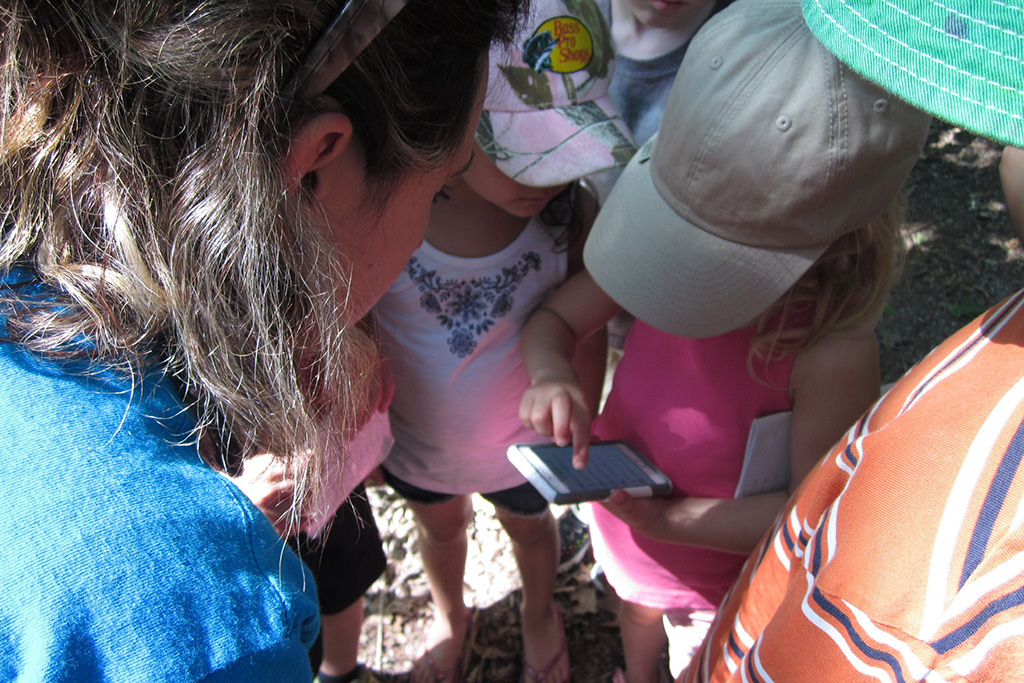Background
Sudden oak death is a disease affecting species of trees caused by a fungal-like organism. Established in localized areas of North America, the native range of the disease, Phytophthora ramorum is unknown.
Sudden oak death is able to survive in plant material dropped to the ground, also infecting the soil and making it easily transported on boots, vehicles and animals. The pathogen thrives in cool wet climates with optimum growth at 20°C.
Range
Sudden oak death has become established in localized areas throughout northern California and Oregon. It has also been reported in western Canada in the southern coastal area of British Columbia.
Impacts of Sudden Oak Death
- Reduce property values and aesthetics as high numbers of valuable trees die.
- Decrease food, wildlife habitat and water quality with increased exposure to soil surfaces.
- Widespread mortality of trees can lead to an increased fire hazard.
The long-term effects of sudden oak death are hard to predict, but the loss will impact forest cover and composition. The effects are variable with minimal or severe leaf scars, defoliation, canker formation, dieback and death.
How to Identify Sudden Oak Death
- Cankers form on the stem, expanding until they girdle the tree.
- Cankers release a black or reddish ooze.
- Leaves on the crown dieback and turn pale yellow or brown.
- Dead bark tissue is usually surrounded by black zone lines under the affected bark.
What You Can Do
- Learn how to properly identify the signs and symptoms of sudden oak death.
Gallery
OFAH/OMNRF Invading Species Awareness Program. (2021). Sudden Oak Death. Retrieved from: www.invadingspecies.com.
This factsheet may be reproduced for non-commercial purposes.
Header photo by Joseph O’Brien, USDA Forest Service, Bugwood.org


